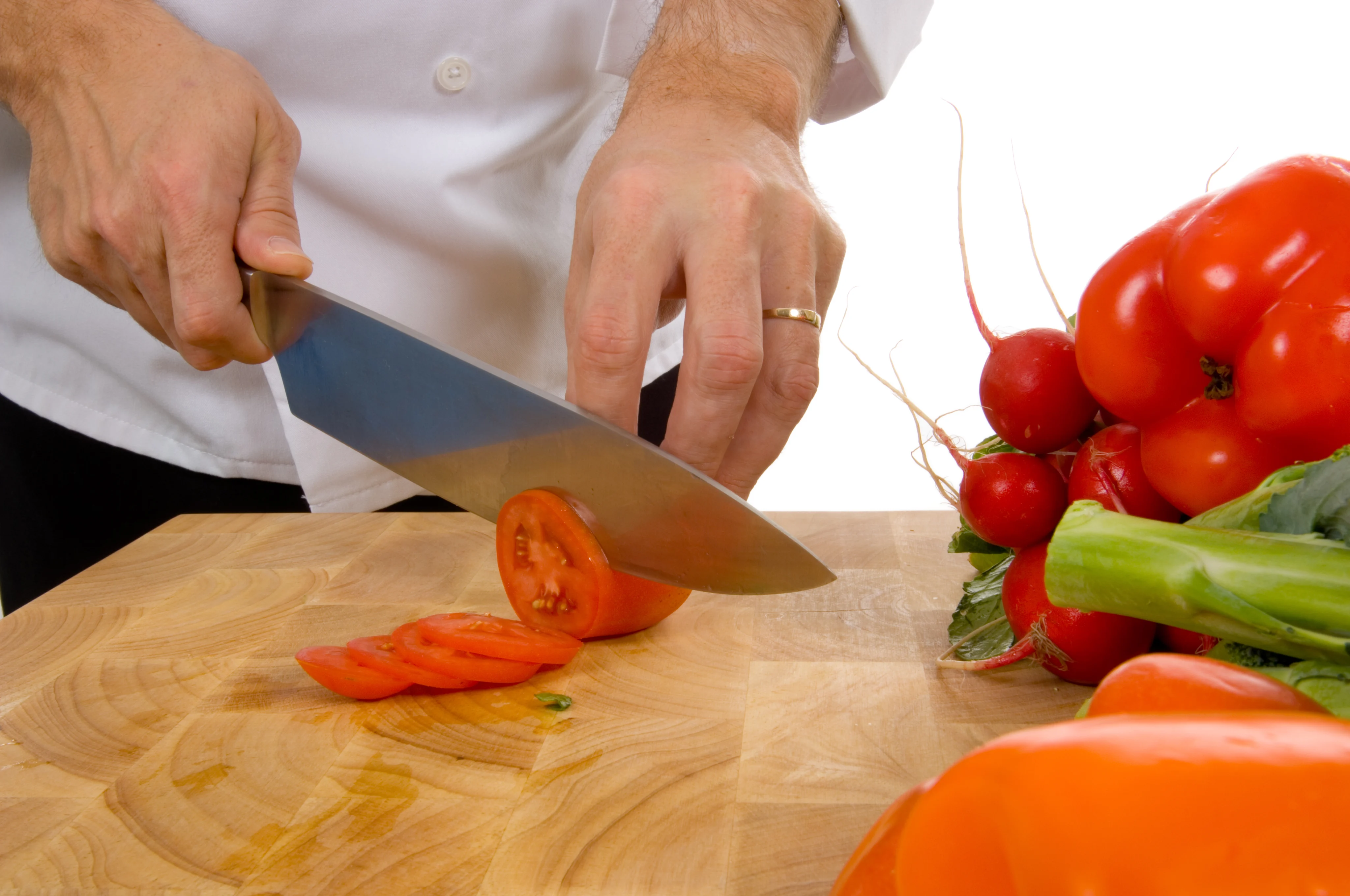At World Food Safety Day in 2022, former U.S. Senator Mike Johanns said, “Food safety involves everybody in the food chain." It’s a timeless statement that will always ring true and is especially good for food handlers to remember, regardless of whether they are front of house, back of house or in manufacturing or processing.
But what makes a good food handler, exactly? There are certain characteristics the best and most responsible ones have in common. In today's post, we'll take a look at seven of them.
1. Attention to Detail
The best food handlers pay close attention to the small things, whether it’s ensuring proper storage temperatures, labeling containers properly or cleaning surfaces thoroughly. These minute details matter, as a few degrees in temperature can be the difference between safe and unsafe food, for example. A good food handler is meticulous in their work, double-checking every step of the food preparation and handling process to minimize the risk of contamination or foodborne illness. You can get by with general food safety best practices, but the best food handlers will pay high attention to detail.
2. Food Safety Knowledge
Of course, you won’t know the details if you don’t have a proper foundation of food safety knowledge. Regulations and best practices exist for a reason—to protect consumers from harm. This is why good food handlers know their local health codes and company food guidelines like the back of their thoroughly washed hands. From sanitation procedures to hygiene standards and how to prevent cross-contamination, there are several areas where food safety protocols come into play. As a food handler, you can help your establishment operate in compliance with the law and uphold the highest standards of safety and cleanliness by doing your homework and committing them to memory.
3. Good Personal Hygiene
Excellent personal hygiene is a must with food handling, as it prevents the spread of harmful bacteria and viruses. Frequent and thorough hand washing is a minimum standard here, but it’s also important to wear clean and appropriate attire, as well as avoiding work (or handling food at least) when sick. At the end of the day, the best food handlers have the mindset that they are not only looking out for their own wellbeing, but also for the safety of the consumers they serve. Finally, proper personal hygiene also contributes to the perception of your company’s brand.
4. Communication Skills
Communication is a big part of any profession, but how does it relate to food handling? For starters, it’s crucial for following food safety protocols, as these have to be properly communicated between co-workers, supervisors and customers. Whether you’re relaying information about a food allergy, letting someone know about a change in food handling procedures or simply preventing misunderstandings with food safety best practices, clear communication can contribute to a safe dining experience for everyone involved.
5. Ability to Work Under Pressure
It’s no secret that the foodservice industry can be fast-paced and demanding. (This is especially true during peak hours.) As such, a good food handler must work efficiently under pressure without making mistakes with food safety standards. To accomplish this, you must work on your multitasking ability, prioritizing the most important tasks and remaining calm and focused when things get stressful. By maintaining composure and staying organized, food handlers can make sure that food is prepared and served safely, even during peak hours.
6. Flexibility and Adaptability
Another characteristic of a great food handler is the ability to adapt to changes. Not only is the landscape of food serving constantly changing, but there are so many areas of your individual work environment that may change as well. Menus change. Equipment malfunctions. Unexpected challenges arise. But a good food handler is able to adapt to these changes quickly and effectively. Whether you’re adjusting recipes on the fly or finding a creative solution to a problem you didn’t expect, flexibility will help you continue to adhere to food safety and quality guidelines.
7. Continuously Improving
Last, but not least, a good food handler is committed to continuous improvement and professional development. This isn’t just an office-role mindset. Anyone can pursue additional training and certifications, staying informed about emerging trends and technologies, as well as actively seeking feedback for identifying areas for growth. This is why American Course Academy is committed to updating our courses to ensure you have the latest information for food handling, alcohol service and more. By continually striving to enhance your food safety knowledge and food handling skills, you can provide the best possible service to your customers while upholding the standards you (and your company) set for yourself.
Whether you’d like to brush up on your skills or learn how to become a good food handler, a food handler certification course is the best first step. Consider enrolling in a food handler card course from American Course Academy today.

